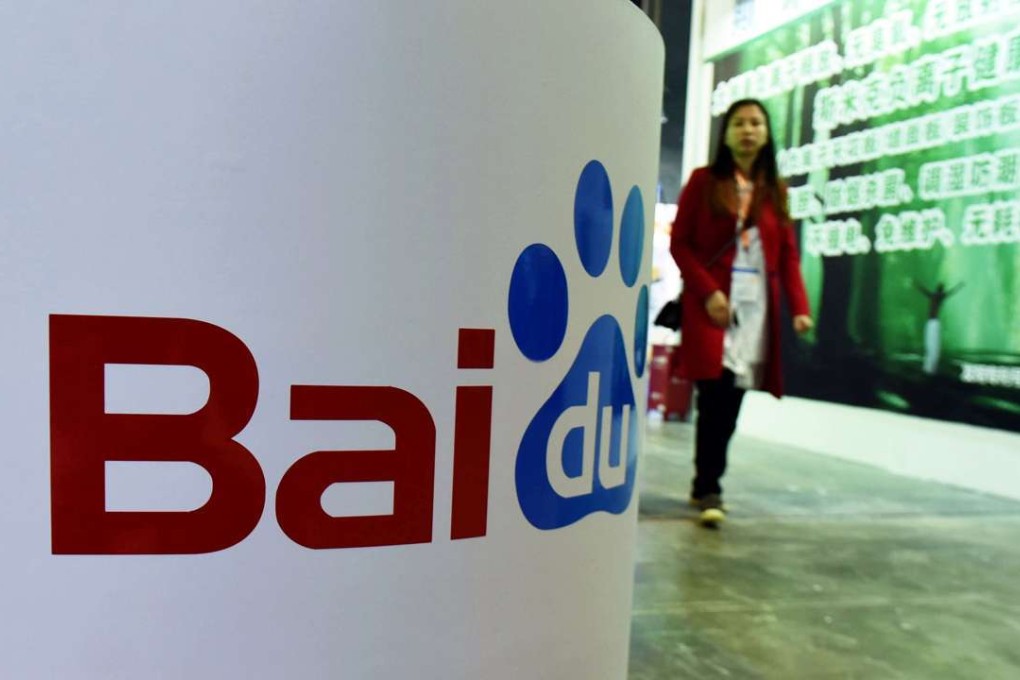Update | Regulate advertisements on Chinese medical services
New-media outlets such as search engine Baidu cannot be allowed to accept payments to prominently trumpet dubious claims of miracle cures

False and misleading claims for medical treatments are rife on the mainland amid a booming market for specialist services. The sponsors depend on advertising to promote them. That places a big responsibility for consumer protection on media outlets, particularly internet search giant Baidu, given its privilege of a near monopoly. Instead, it is accused of having accepted payment to promote medical treatments in its search results without checking claims made by the advertisers.
The potential risk this poses was tragically underscored by the death last month of 21-year-old cancer patient Wei Zexi, who spent 200,000 yuan (HK$239,000) on outsourced experimental immunology treatment at a Beijing paramilitary hospital for his sarcoma, a rare cancer of soft tissues. Wei found the treatment on Baidu, after the private provider paid to have its advertising placed prominently in online searches.
An understandable public outcry over the circumstances of his death has prompted the national health, commerce, cyber affairs and military authorities to join forces to investigate Baidu’s placement policies and allegations that the hospital outsourced medical care to dubious private organisations.
The State Administration for Industry and Commerce has also launched a wider six-month crackdown on false and misleading internet advertising.
Medicine and health care were among the 10 biggest contributors to Baidu’s online marketing revenue last year, according to its latest annual report. By contrast, that sector does not figure in the top 10 revenue earners for Google, which restricts promotion of health-care-related content , reflecting a keener awareness of the potential medical implications and its social responsibilities. The origin of the problem is twofold: reforms that left hospitals to finance themselves instead of relying on government funding, and the growth of a huge market for high-quality medical services. This tempts hospital administrators to boost finances by outsourcing services to unscrupulous private operators who have paid for prominent placement of advertising for their profitable services.
The investigations and crackdown are welcome. But the authorities must not relax their vigilance after the public outcry dies down. Alarm bells are ringing over the lack of regulation of health care outsourcing and advertising in China. If it is not overhauled to put patient safety first, this tragedy will be far from the last of its kind and people will suffer unnecessarily.